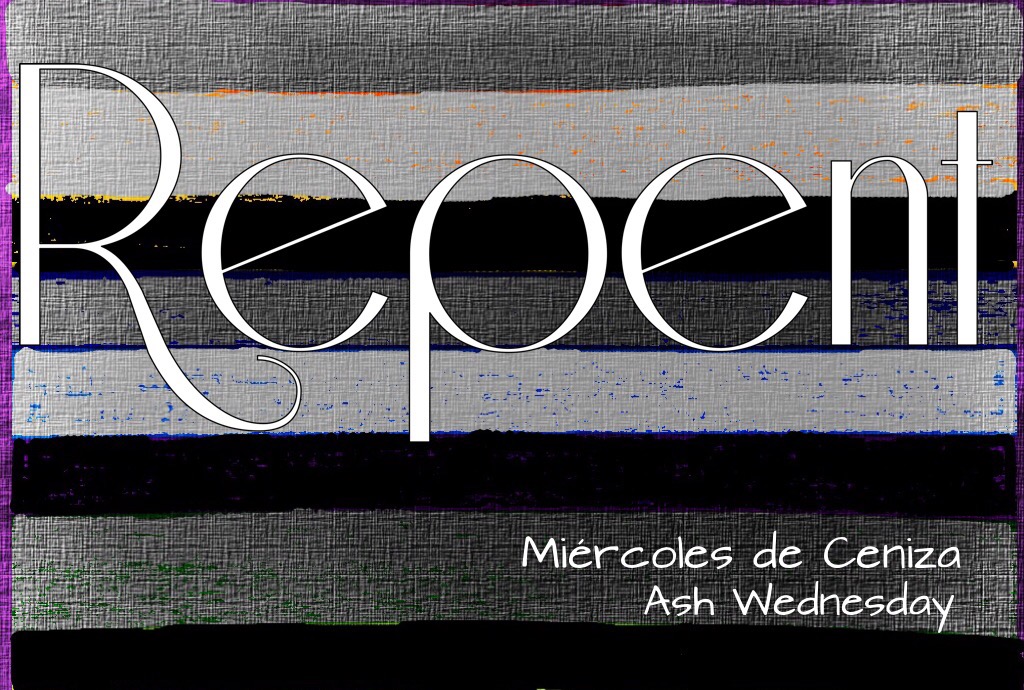Ash Wednesday: The Slow Journey Towards the Future
For Lent this year, we have asked eight sisters and associates to reflect on the Beatitudes and offer ways in which we may embrace these blessings in our own Lenten journeys. There will be additional reflections published for Ash Wednesday, Palm Sunday, Holy Thursday and Easter.
By Sister Theresa Lowe Ching
Our Ash Wednesday reflection begins as follows:
“Even now, says the LORD,
return to me with your whole heart,
with fasting, and weeping, and mourning;
Rend your hearts, not your garments,
and return to the LORD, your God.
For gracious and merciful is he,
slow to anger, rich in kindness,
and relenting in punishment.”
(Joel 2:12–18)

In a similar vein, Sister Joyce Rupp, OSM, in her book, Out of the Ordinary: Prayers, Poems and Reflections for Every Season, writes: “It is essential that we are reminded often that each human being is our sister or our brother. It is the message that Jesus taught so long ago. It is an ageless teaching and we are always in need of re-learning and living the message. Lent is a good time to re-enter the heart of this teaching.”
This is also the message that Pope Francis repeats as he confronts the darkness of our present world, rent asunder by divisiveness, individualism, greed, ecological devastation and violence among peoples and nations.
“But there is also hope,” as Rupp suggests, in the choices that generous and compassionate people are making to bridge the gap between the haves and have-nots and marginalized.
One such choice is reflected in an initiative being driven by the University of the West Indies and includes not only the Mona Campus located in Kingston, Jamaica, but extends to campuses in the wider Caribbean region, with outreach to Central and South America, Africa and other countries in the world where the region’s diaspora have settled. This initiative is the Centre for Reparation Research, which is intended to facilitate the integral development of persons individually and communally in all aspects of human life. The main focus is to address the negative consequences of the African slave trade and other forces of domination that have transferred material and human resources for the benefit of the most powerful nations and created the extreme inequalities that now exist globally.
I would like to suggest that we keep this initiative in mind in order to make our Ash Wednesday reflections and Lenten observances more relevant to our Mercy preferential option for the poor, underprivileged and excluded. Indeed, the Mercy direction statement is a call to action towards the creation of a world of peace and justice for all as we journey towards the future, energized by the self-emptying, transformative love of Jesus of Nazareth, the Incarnate Son of God.
In this regard, the strategies being implemented suggest the following methodological movement that I believe is also apropos to promote the values rooted in our Mercy charism:
- The recognition of God as Creator of the human person and all that exists, and claiming our identity as both graced and sinful and loved by God unreservedly.
- Gratitude for the gifts and free will that give us special responsibilities for choosing good over evil.
- Seeking forgiveness and making reparation for wrong choices in our day-to-day lives.
- Practicing humility and patience in the slow journey towards the future. A future full of hope where together we pass on to one another the fire of God’s unfailing love.
- Lastly, as Pope Francis has reminded us, “A time of trial is always a time of distinguishing the path of the good that leads to the future from the other paths that lead nowhere or backwards.”
This way of proceeding can certainly lead to conversion of individuals and foster communities of union and charity as the “principal path to holiness” (Catherine McAuley) in the One Body of Christ. Together, let us then walk our Lenten journey towards the final conquest of life over death in the joyful Easter celebration of the resurrection of Jesus Christ.